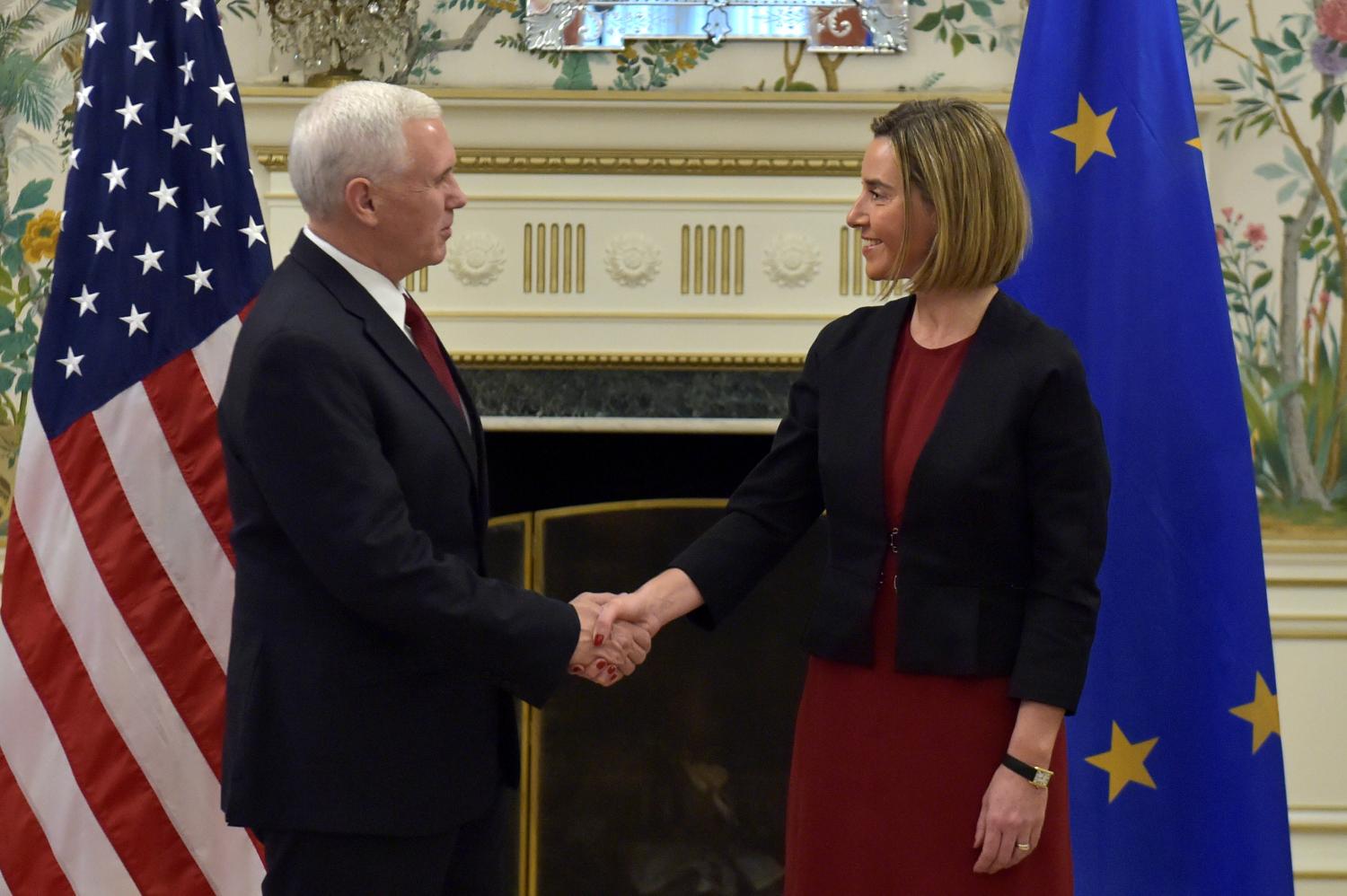Democracy advocates from around the world got a welcomed boost last week at the World Movement for Democracy gathering held in Jakarta, Indonesia. Civil society leaders from over 100 countries spent three days comparing notes on strategies for political reform, the latest internet tools, women’s and youth empowerment, and cross-border solidarity. They feted heroes from Syria, Venezuela, the Caucasus and Iran and clamored for greater protection against attacks on free speech and political organizing. It was a happy reminder that the spirit for political change remains alive and well, despite the global freedom recession declared by Freedom House and others.
The most stirring note I heard came not, however, from the ranks of activists but from the highest ranking figure in Indonesia, President Susilo Bambang Yudhoyono, locally referred to as SBY. President SBY’s keynote speech hit all the right notes in what continues to be an intense debate, in Washington and elsewhere, over the democracy project and its place in national and international affairs. While he spoke almost exclusively of Indonesia’s own experience with democracy, his points resonated across many borders where democracy remains under threat or yet born. It was a good primer for President Obama’s speechwriters as they prepare for his trip to Jakarta in June.
“I am convinced,” President SBY remarked, “that ultimately the 21st century instinct is the democratic instinct.” Globalization is connecting us in new ways. As the middle class grows, he argued, demands for greater transparency and accountability of public decisions are expanding. “No political system can ignore this. Their choice is to adapt and survive, or to resist and crumble.” Is Beijing listening?
Indonesia, the world’s largest Muslim democracy, its fourth most populous country and a rising economic star, is probably the most important success story that no one has heard of. Try finding a travel book on the country (other than on the famous beaches of Bali) in a U.S. bookstore. Its bustling capital city, Jakarta, is chock full of sleek skyscrapers and decent housing, though its notorious traffic jams demonstrate it needs to invest more in public transportation. It has the third highest economic growth rate in the G-20, right behind China and India, despite the global economic recession.
But the real story here is the way the country has managed to navigate through the bumpy road of transition from the authoritarian years of Soeharto to a more open, multicultural and cohesive democratic society. Starting just over a decade ago, the country has held three successive free elections with high voter turnout, the press is thriving and rambunctious, civil society is robust, parliament and the judiciary provide genuine checks and balances, and special commissions to investigate corruption and promote human rights are setting the political agenda and constraining executive power. Relative peace has arrived in Aceh, a region once torn by armed rebels, facilitated by decentralization of power and resources.
According to President SBY, this transformation has happened because Indonesia rejected advice that it must choose between democracy and economic growth. It has given up the rule of the strong man for the rule of institutions and law. And it has progressed not because of some external imposition but because the demand for “reformasi” came from within. “You can never go wrong if you trust the people,” he claimed. If present trends continue, Indonesia may show, in his words, that “Islam, democracy and modernity can grow together.”
Indonesia certainly has its own set of challenges. Corruption, according to most observers, tops the list. “Money politics,” as President SBY described it, “induces elected leaders and politicians to serve their pay masters at the expense of the public good..it produces artificial democracy.” But how far the government is willing to go remains unclear. Impunity for the grave human rights abuses committed during more turbulent years, especially regarding Timor Leste, appears entrenched. I heard from some experts that a certain complacency about the democratic reform process may be setting in, a sense that enough has been achieved. The government appears to be tapping on the brakes on the widespread use of social media (Indonesia has the second highest number of Facebook members in the world) for political mobilization. Excessive force by police, including in response to a riot at a Muslim shrine the week I was there, as well as in prisons, is a major issue, and rights for vulnerable children and women are under-enforced.
But if President SBY continues to build governance around institutions and not personalities, Indonesia could become an exemplar of democratic reform in Asia and the Muslim world.
President Obama, who will return to his childhood home in June, has a special opportunity to use his visit to celebrate Indonesia’s own homegrown democracy as a template for a pro-democracy foreign policy that relies on visionary leadership, support for civil society and trust that citizens, when given a fair choice, will choose moderation over extremism.
The Brookings Institution is committed to quality, independence, and impact.
We are supported by a diverse array of funders. In line with our values and policies, each Brookings publication represents the sole views of its author(s).




Commentary
Democracy the Indonesian Way
April 22, 2010